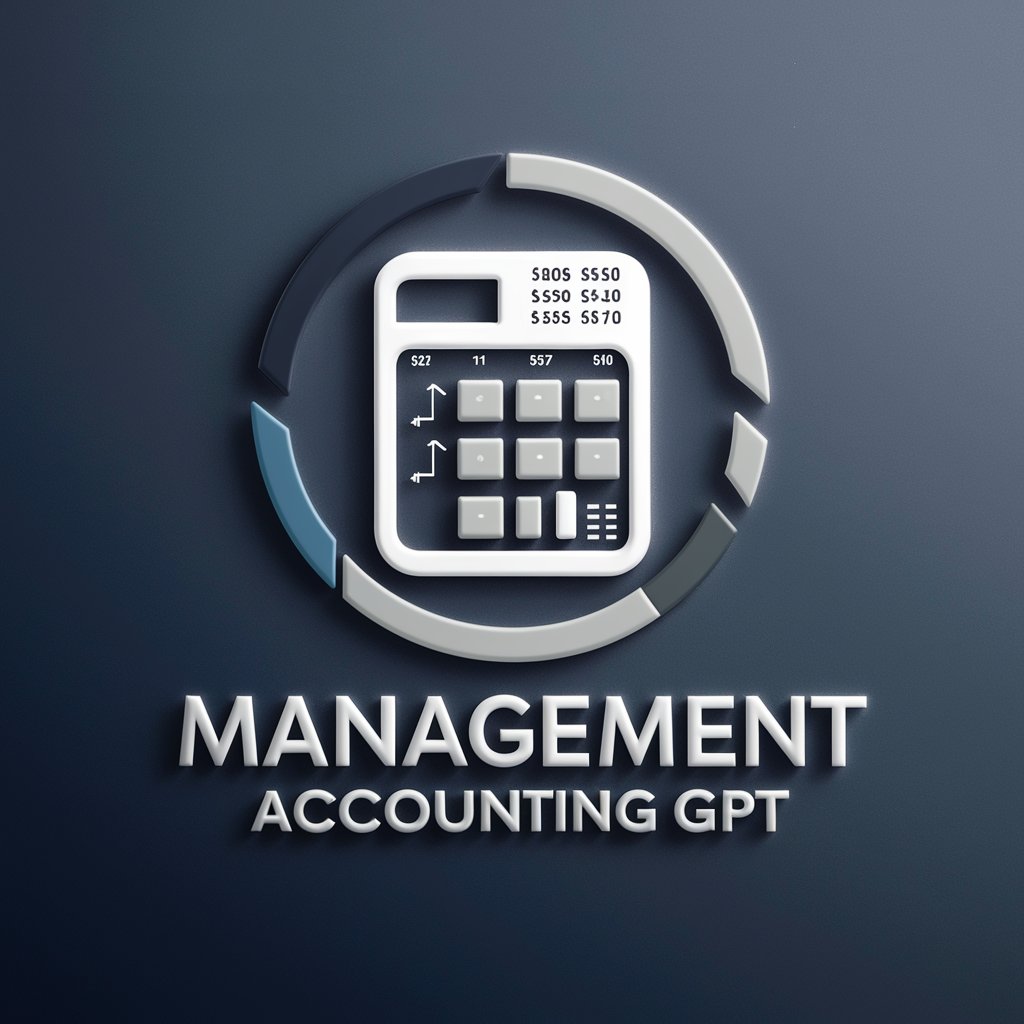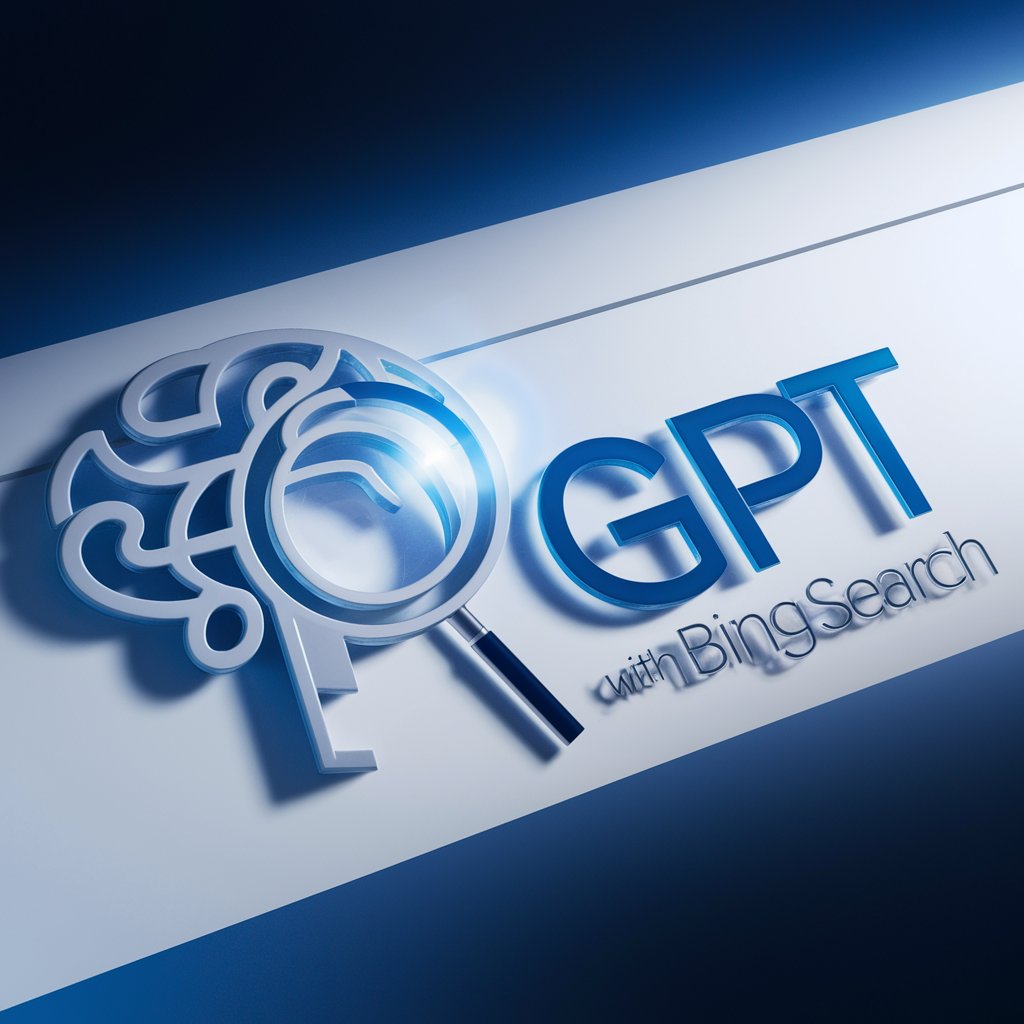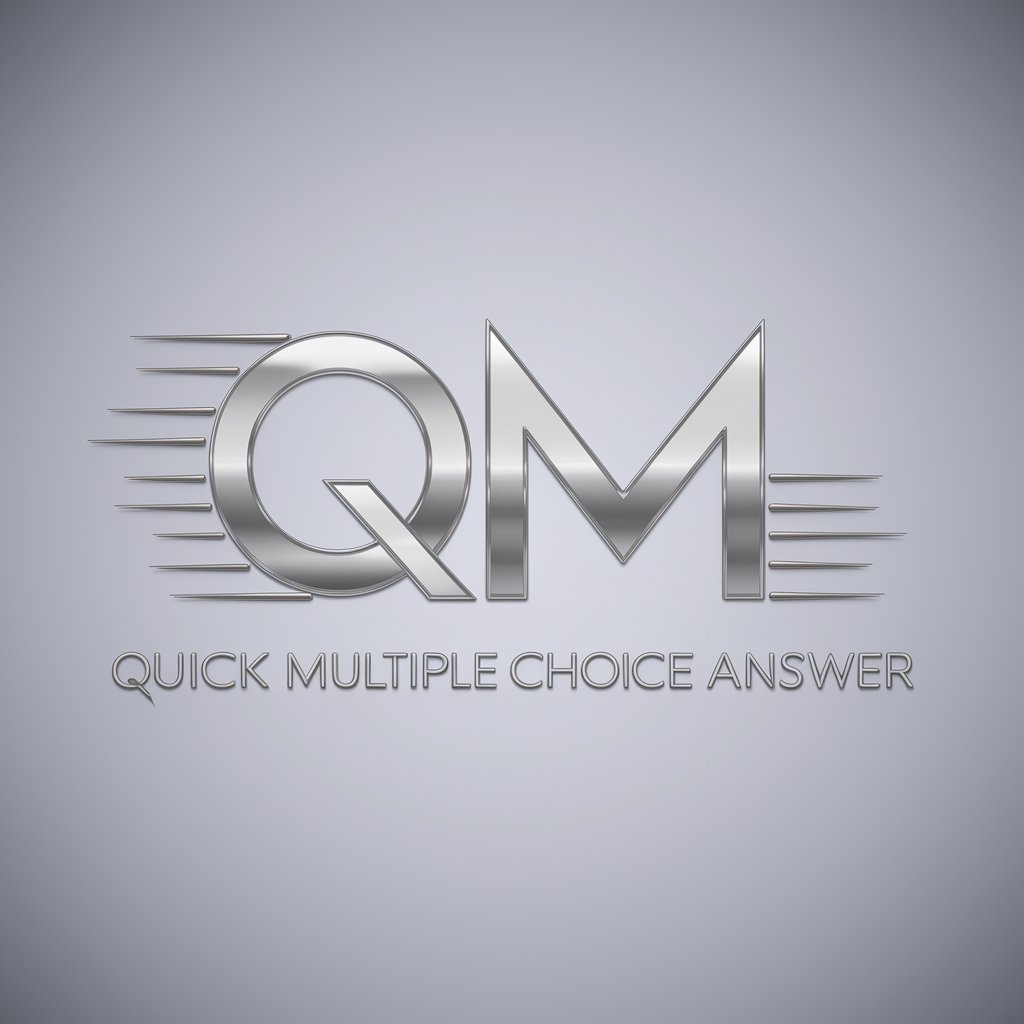Management accounting - Management Accounting trial at yeschat.ai for cost analysis, budgeting, performance evaluation, decision support, and strategic planning.

Hello! Need help with your accounting tasks? I'm here to assist!
Empower Decision-Making with AI Insights
What are the key differences between managerial and financial accounting?
Explain how to prepare a flexible budget.
Describe the process of variance analysis in cost accounting.
How do you calculate the break-even point for a business?
Get Embed Code
Introduction to Management Accounting
Management accounting is a branch of accounting that focuses on providing financial information and analyses to aid internal decision-making within organizations. Unlike financial accounting, which primarily deals with reporting financial information to external stakeholders, management accounting is geared towards assisting managers in planning, controlling, and decision-making processes. Its primary functions include cost accounting, budgeting, performance evaluation, and strategic planning. Management accountants use various tools and techniques such as cost-volume-profit analysis, variance analysis, and activity-based costing to generate relevant information for management decisions. For example, a manufacturing company may use management accounting techniques to determine the cost of producing a new product, set selling prices, and assess the profitability of different product lines. Powered by ChatGPT-4o。

Main Functions of Management Accounting
Cost Accounting
Example
Calculating the cost of producing a product or service
Scenario
A manufacturing company uses cost accounting to determine the direct and indirect costs involved in manufacturing a particular product. This information helps management make decisions regarding pricing, cost reduction strategies, and product mix.
Budgeting
Example
Creating budgets for revenue, expenses, and capital expenditures
Scenario
An organization prepares an annual budget that outlines expected revenues, expenses, and investments for the upcoming fiscal year. This budget serves as a roadmap for financial planning and resource allocation, allowing management to monitor performance against targets and make adjustments as necessary.
Performance Evaluation
Example
Assessing the performance of departments, products, or individuals
Scenario
A retail chain compares the sales performance of its individual stores to identify top-performing locations and areas for improvement. Management accountants analyze key performance indicators such as sales growth, profitability, and inventory turnover to evaluate the effectiveness of each store's operations.
Strategic Planning
Example
Developing long-term business strategies and goals
Scenario
A technology company conducts a strategic analysis to identify market trends, competitive threats, and growth opportunities. Management accountants provide financial insights and forecasts to support strategic decision-making, such as expanding into new markets, investing in research and development, or diversifying product offerings.
Ideal Users of Management Accounting Services
Senior Management
Senior executives and top-level managers rely on management accounting information to make strategic decisions and set organizational goals. They benefit from detailed financial analyses and performance evaluations to guide resource allocation, identify areas for improvement, and drive overall business strategy.
Operations Managers
Operations managers are responsible for overseeing day-to-day activities and ensuring efficient use of resources within their departments. They use management accounting reports to monitor performance, control costs, and optimize processes. For example, a production manager may use cost accounting data to identify opportunities for cost reduction and improve manufacturing efficiency.
Financial Analysts
Financial analysts analyze financial data and provide insights to support investment decisions, mergers and acquisitions, and financial planning. They leverage management accounting information to assess the financial health of companies, evaluate investment opportunities, and forecast future performance. For instance, a financial analyst may use budgeting and variance analysis to evaluate the profitability and financial viability of potential projects.
Entrepreneurs and Small Business Owners
Entrepreneurs and small business owners often wear multiple hats and must make critical financial decisions to drive business growth and profitability. Management accounting services help them track expenses, manage cash flow, and evaluate the financial performance of their ventures. By utilizing budgeting, cost analysis, and performance evaluation tools, entrepreneurs can make informed decisions to optimize their operations and achieve their business objectives.

Using Management Accounting
Visit yeschat.ai for a free trial without login, also no need for ChatGPT Plus.
Yeschat.ai offers a free trial of Management Accounting without requiring a login or ChatGPT Plus subscription.
Access the Management Accounting module
Once on the platform, navigate to the Management Accounting module, which provides access to various tools and resources.
Define your objectives
Clearly outline the objectives you aim to achieve with Management Accounting, whether it's cost optimization, budgeting, performance evaluation, or decision-making support.
Collect relevant data
Gather pertinent financial and non-financial data from internal and external sources, ensuring accuracy and completeness.
Analyze and interpret data
Utilize analytical techniques to examine the collected data, drawing insights and conclusions to support informed managerial decisions.
Try other advanced and practical GPTs
GPT with Bing Search
Empowering decisions with AI-enhanced search

Background Generator for Websites
Elevate your website with AI-powered backgrounds.

哄哄模拟器
Experience AI-powered virtual relationships with 哄哄模拟器!

Newspaper 4k GPT
Empower Your Text Processing with AI

Stock Keyworder +
Enhance image discoverability with AI-powered metadata.

N2S Text Generator
Unlock Infinite Text Possibilities with AI!

Improved Efficiency
Unlock the power of AI-driven queries.

Data Engineer
Empowering Data Engineering with AI

Quick Multiple Choice Answer
Instant, AI-Powered Multiple Choice Answers

CM Light Stuctural Sytems
AI-powered structural engineering tool

Access pro
Unlock insights with AI-powered Access pro.

Buyer Persona
Unlock customer insights with AI-powered profiling.

Q&A about Management Accounting
What is Management Accounting?
Management Accounting involves the process of analyzing financial and non-financial information to support managerial decision-making, planning, and control within an organization.
How does Management Accounting differ from Financial Accounting?
While Financial Accounting focuses on reporting historical financial information to external stakeholders, Management Accounting is geared towards providing internal decision-makers with forward-looking insights and analysis to support strategic planning and control activities.
What are some common tools and techniques used in Management Accounting?
Common tools and techniques in Management Accounting include budgeting, variance analysis, cost-volume-profit analysis, activity-based costing, and balanced scorecard.
What are the key objectives of Management Accounting?
The primary objectives of Management Accounting include cost control, performance evaluation, decision-making support, planning and forecasting, and ensuring the efficient use of resources.
How does Management Accounting contribute to organizational success?
Management Accounting aids organizational success by providing managers with timely, relevant, and accurate information for effective decision-making, thereby enhancing operational efficiency, profitability, and strategic alignment.
